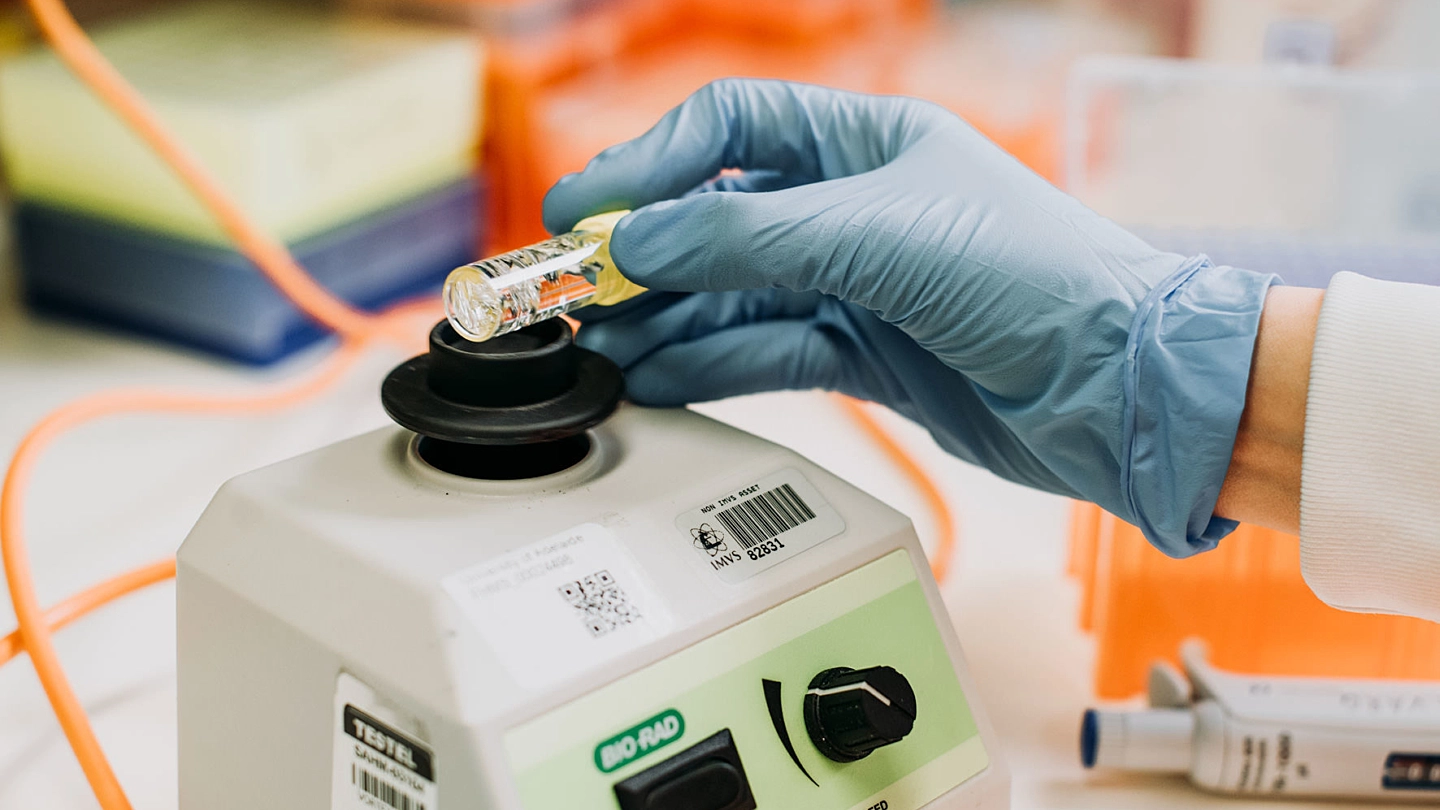Alzheimer’s disease leads to the progressive formation and spread of what are termed ‘plaques’ in the brain, which impair its function and cause dementia.
When we are young, our brain can efficiently clear plaque-related material and prevent it from building up. However, starting from middle age, this clearance system (called ‘autophagy’) works less efficiently and plaques can start to accumulate and spread.
Our group has found that autophagy can destroy the material that contributes to plaques and that we can activate autophagy using drugs or restricting certain nutrients in the diet. These nutrients include amino acids (the building blocks of protein), which help to suppress the rate of clearance.
We are looking to determine the effect of dietary protein on prevention of amyloid plaque formation in the brain using laboratory models to determine whether this dietary intervention works through autophagy.


